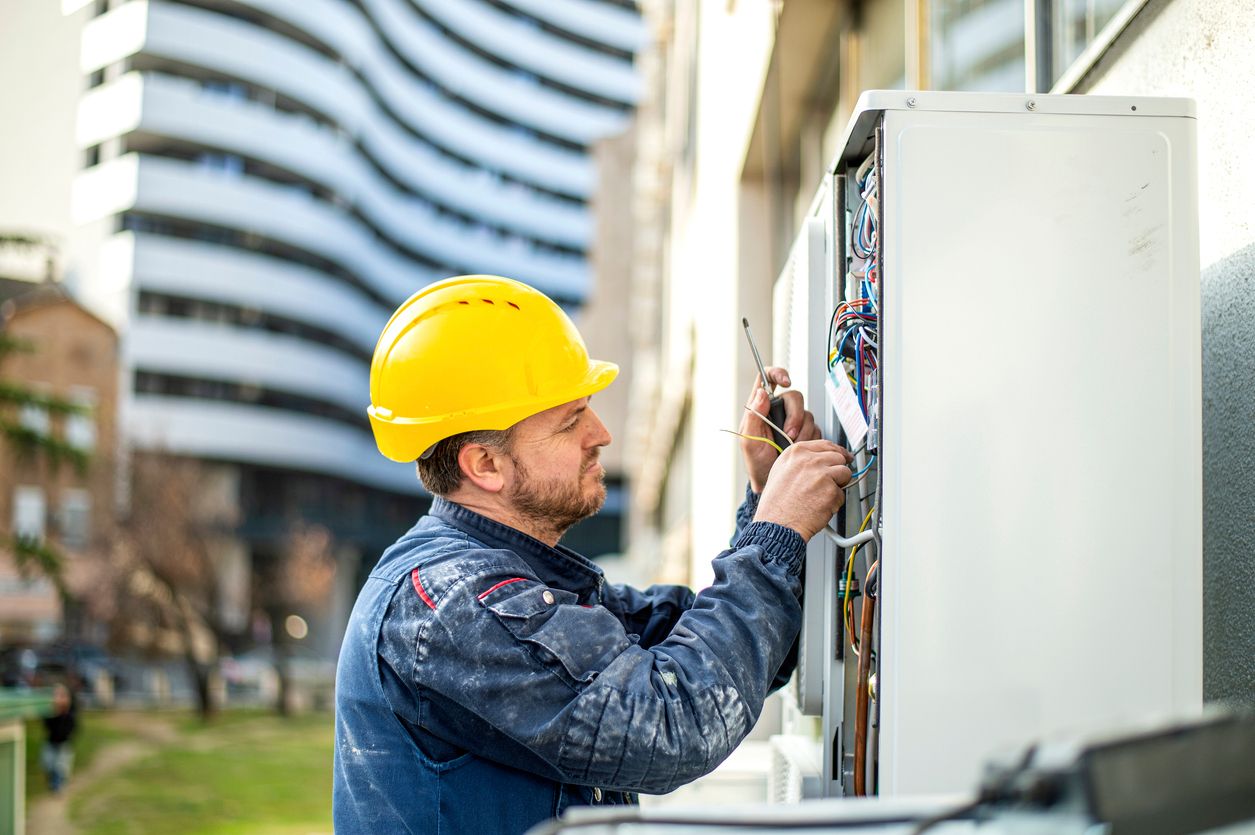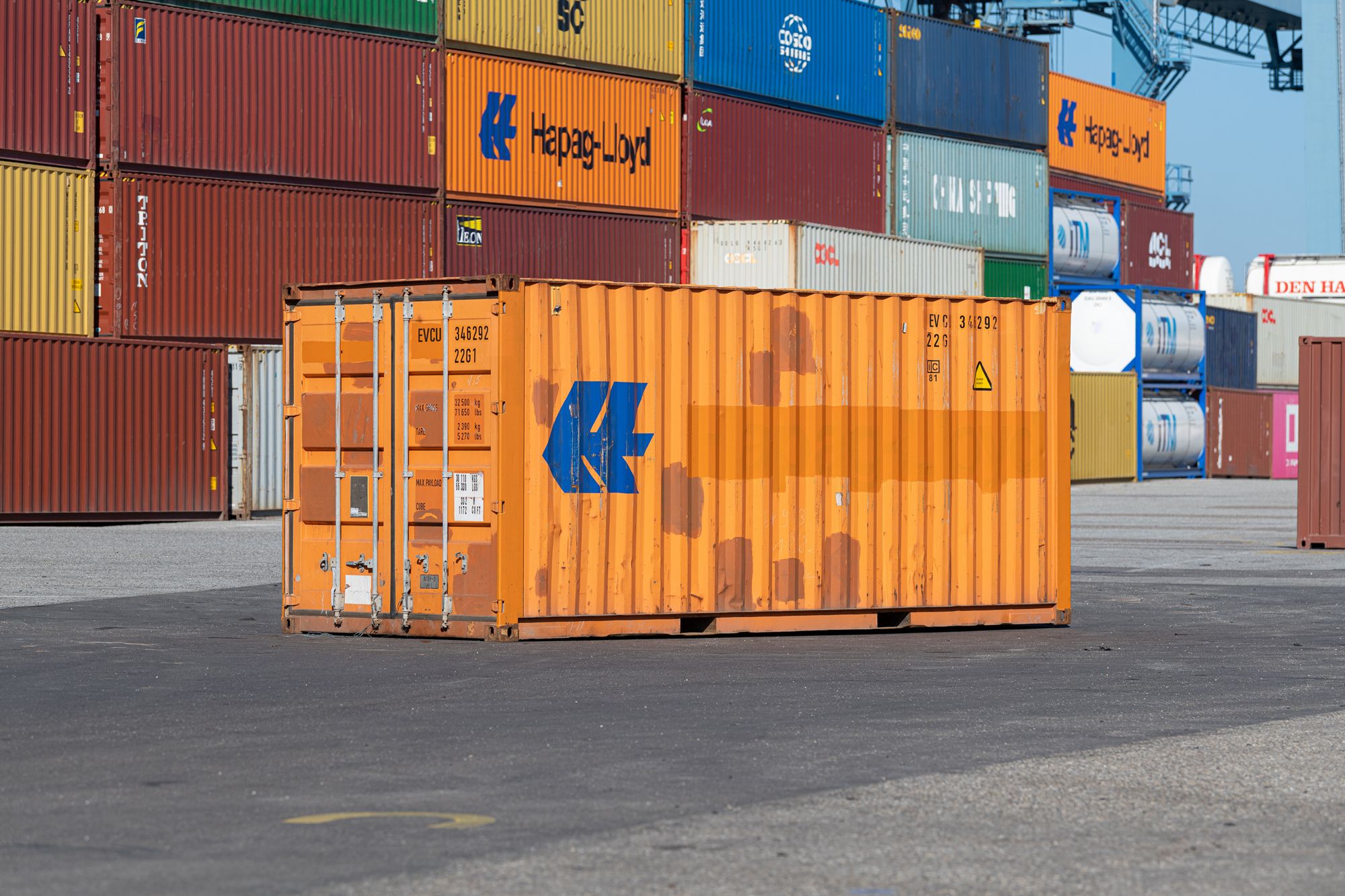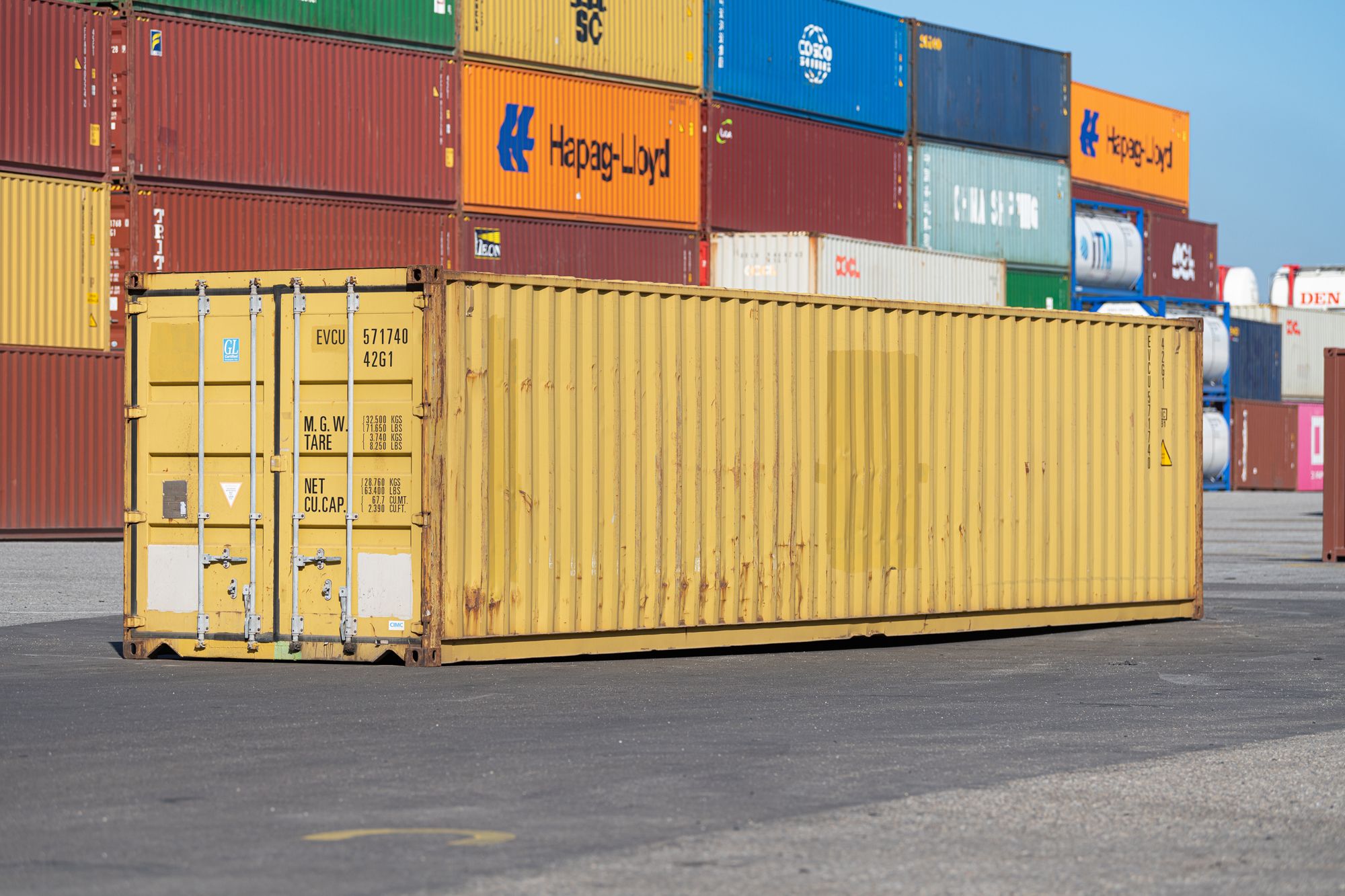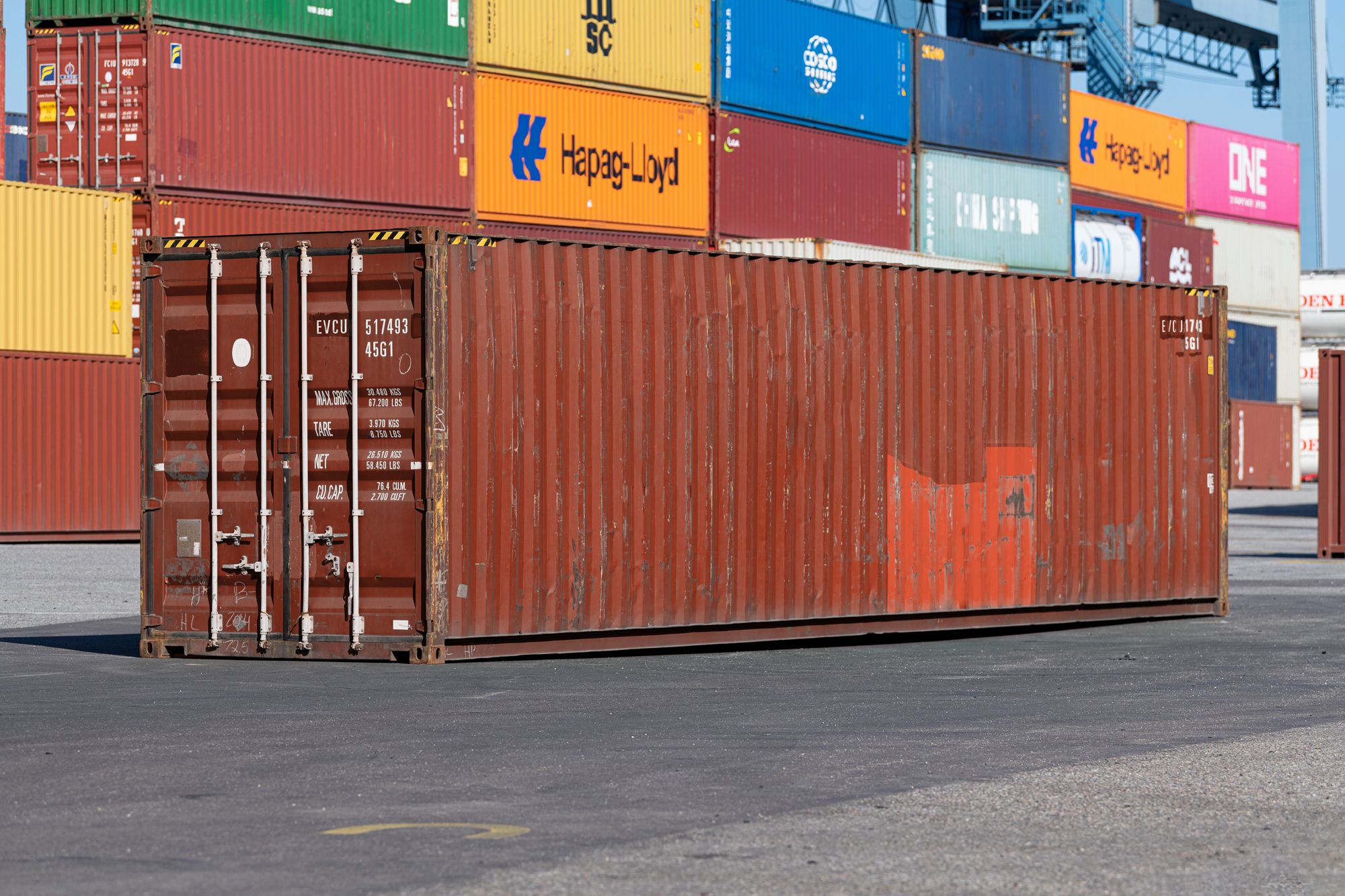SPRING SALE: Receive $100 Off Per Container
Are you planning a new electrical engineering project or looking for secure, onsite storage for your specialized equipment? Start with Eveon Containers, the trusted provider of decommissioned shipping containers, relied on by engineers and project managers nationwide. Discover the advantages of using repurposed shipping containers for electrical applications.
Optimize Your Electrical Engineering Projects with Used Shipping Containers
Used containers are cost-effective, durable, and weatherproof, making them an excellent choice for a variety of electrical engineering needs. Whether you require a mobile power station, control room, equipment storage, or temporary onsite workspace, these containers provide a secure, adaptable, and eco-friendly solution.
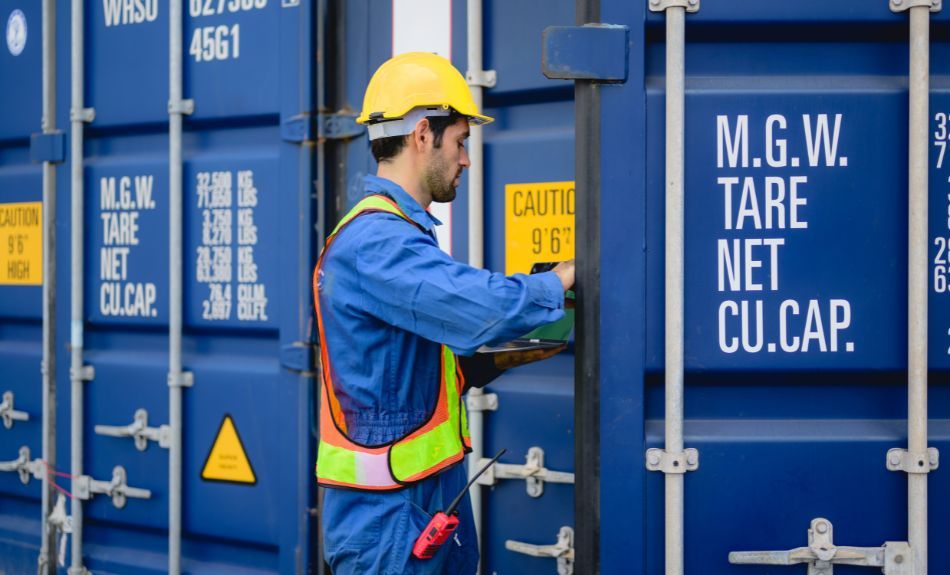
Why Choose Used Shipping Containers for Electrical Engineering Applications?
- Secure Storage: Keep sensitive electrical tools, generators, transformers, and cable spools protected from theft, weather, and debris.
- Durable & Weather Resistant: Made from Corten steel, containers can withstand extreme environments, ensuring long-lasting performance for your electrical setups.
- Quick Deployment for Onsite Projects: Avoid construction delays—containers can be modified, delivered, and set up rapidly for fieldwork, power stations, or mobile offices.
- Customizable: Containers can be insulated, climate-controlled, and fitted with ventilation, power distribution, and lighting to meet project-specific requirements.
- Eco-Friendly & Cost-Effective: Repurposing containers minimizes waste and reduces costs compared to traditional building structures.
Electrical Engineering Uses for Shipping Containers
- Portable Power Stations: Ideal for housing batteries, generators, and electrical panels in remote or temporary locations.
- Substation & Control Centers: A secure space for switchgear, PLC systems, and power monitoring equipment.
- Testing & R&D Labs: Climate-controlled environments for prototype testing, electrical experiments, and training facilities.
- Workshops & Tool Storage: A reliable space for assembling electrical components and safely storing precision tools.
- Mobile Data Centers: A scalable & protected infrastructure for networking, computing, and industrial automation systems.
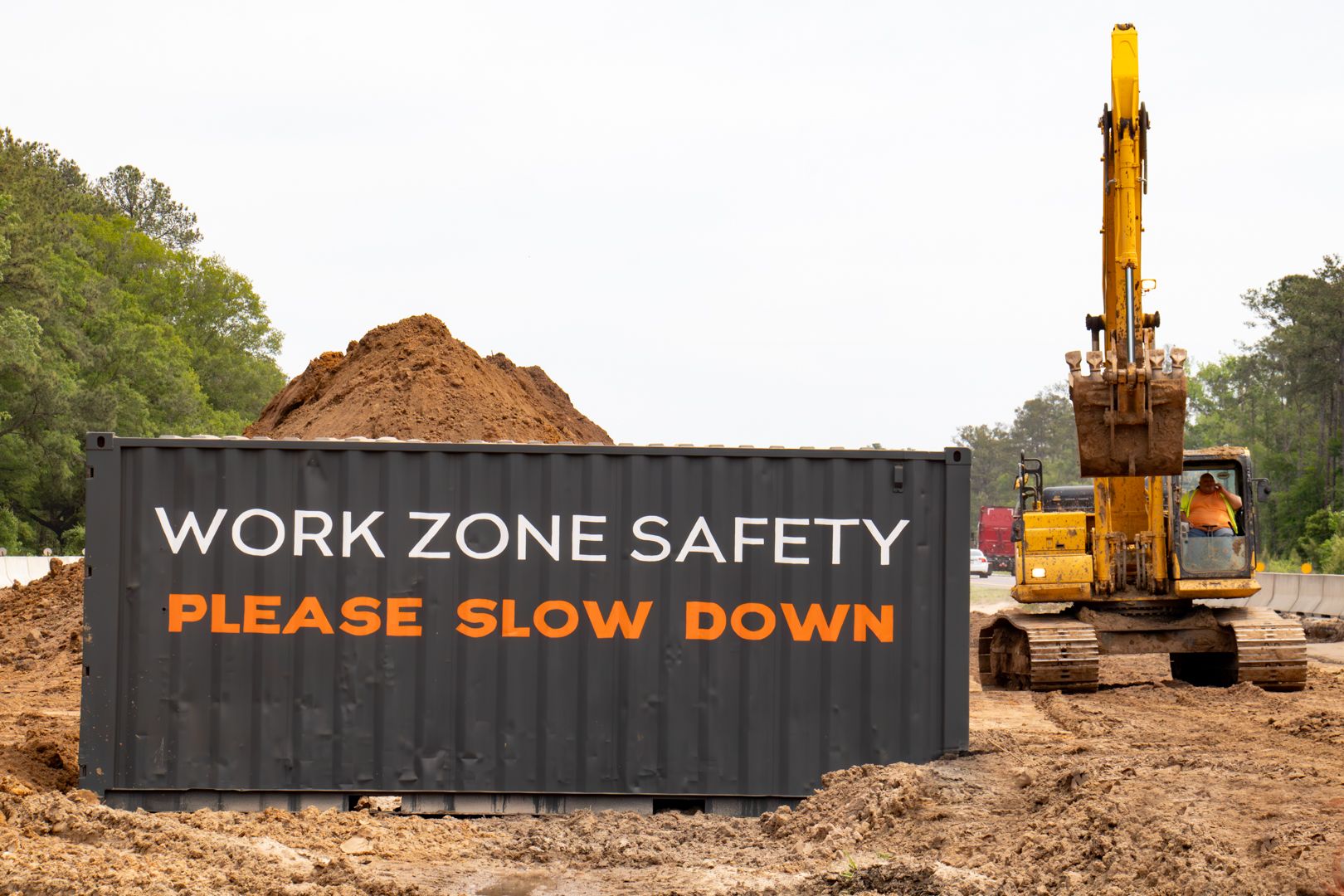
Boost Your Project’s Visibility
Elevate your projects with durable, eco-friendly containers built to last with high-quality, weather-resistant materials. Eveon Containers delivers unmatched durability for a variety of applications—secure storage, innovative workspaces, onsite offices, and creative construction projects.
See how construction companies are using Eveon Containers for onsite branding and signage.
Find the Right Container for Your Electrical Project
Eveon offers multiple container sizes tailored to your needs:
- 20ft Containers – Compact and portable, ideal for smaller-scale electrical setups.
- 40ft Containers – More storage capacity for larger electrical installations.
- 40ft High Cube Containers – Extra vertical space for accommodating tall equipment and ventilation systems.
Secure, Scalable, and Ready for Electrical Innovation
Choosing Eveon Containers for your electrical engineering project ensures reliability, flexibility, and efficiency. Whether you're setting up a temporary power station, mobile testing lab, or robust electrical storage solution, our containers provide the durability and adaptability to keep your operations running smoothly.
Power up your next project with an Eveon Container today!
Frequently Asked Questions About Construction Containers
After placing your order and processing the payment, our driver will confirm the delivery date within 48 hours. Please prepare your location. Upon delivery, you and the carrier will inspect the container together using the provided form.
Your journey with Eveon Containers is about to begin. Here's what to expect in terms of your container's delivery timeline:
Order and payment: Once you've placed your order and your payment is successfully processed, you will receive a confirmation email from Eveon. This email will include the confirmation, invoice, and details of our driver.
Confirmation delivery date & time: Within 48 hours of placing your order, our driver will call you to confirm the delivery date and time and address any further questions or provide information about the delivery. We understand that your schedule matters, and we do our best to accommodate it.
Check delivery requirements: In preparation for delivery, please ensure that your location is suitable. You can find detailed information on how to prepare in our Delivery Guide, where you can also download a handy checklist.
Delivery day: Upon delivery of your container, you and the carrier will inspect the container's quality and identify any discrepancies immediately by completing the Container Inspection Form. You can find more information about this process here.
Keep in mind that unforeseen weather conditions can occasionally affect the schedule. The safety of our drivers is a priority, so please be understanding if severe storms or heavy snow cause slight delays.
From purchase to delivery, our goal is to make the experience smooth and enjoyable. The countdown to your container's arrival is on!
Eveon does not rent containers at this time.
Eveon only sells used wind & watertight shipping containers. Are you sure that it wouldn't be more cost effective to buy one instead? Here some benefits to consider when making a decision.
When you need the container for a longer period, buying the container is the most cost-efficient option for you. You pay more upfront; however, you will not have to deal with the monthly payments, part of the rental agreement.
Any purchased container has a resale value. So even if you keep your container for (say) a year, you can sell the container again. This is a strong point to invest in buying a container.
Another benefit of owing your own container is that you can modify the containers to you liking, add electricity, install a door or window, or even insulate your container, so you have a good place to work during the winter.
Container floors are typically constructed with marine-grade plywood, providing durability and moisture resistance. The floor features steel cross members, wooden floor joists, and treated plywood sheets.
Marine-Grade Plywood: Sheets of marine-grade plywood, typically around 1 1/8 inches (28 mm) thick, are placed over the floor joists. These plywood sheets are treated to resist moisture and rot, ensuring their longevity. The installation of the sheets is typically done with their grain direction perpendicular to the long sides of the container.
The specific materials used for the floor may vary depending on the manufacturer and intended use of the container. However, a common configuration consists of multiple layers:
Bottom Cross Members: The floor structure begins with steel cross members that run perpendicular to the container's length. These cross members, spaced approximately 12 inches apart, provide the primary structural support for the floor.
Floor Joists: Wooden floor joists are then attached to the bottom cross members. These joists run parallel to the container's length and offer additional support.
Fasteners: To firmly secure the plywood sheets to the floor structure, nails or screws are utilized. Treatment and Coatings: Some shipping containers may undergo treatments or have coatings applied to the plywood to provide additional protection against moisture and pests.
The combination of steel cross members and marine-grade plywood creates a robust and lasting floor that can endure the challenges of shipping while providing a stable surface for cargo. It is important to note that although marine-grade plywood is designed to resist moisture, it is not entirely waterproof. Additionally, alternative flooring materials like bamboo or steel may be used in some containers.


